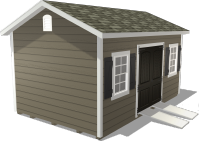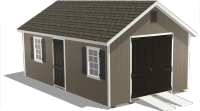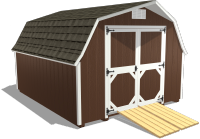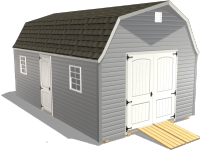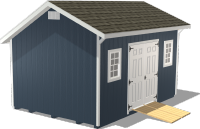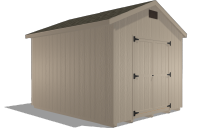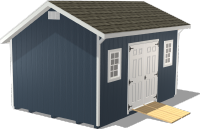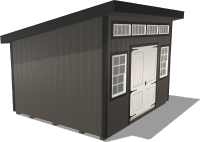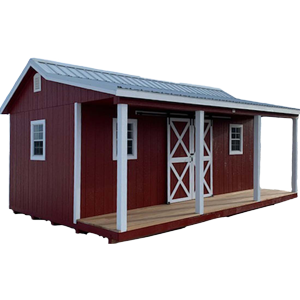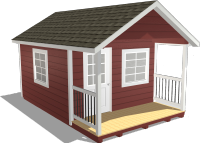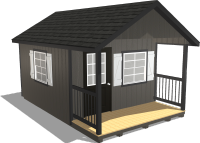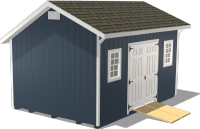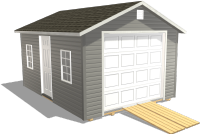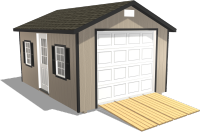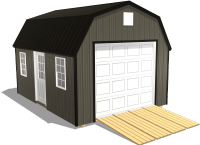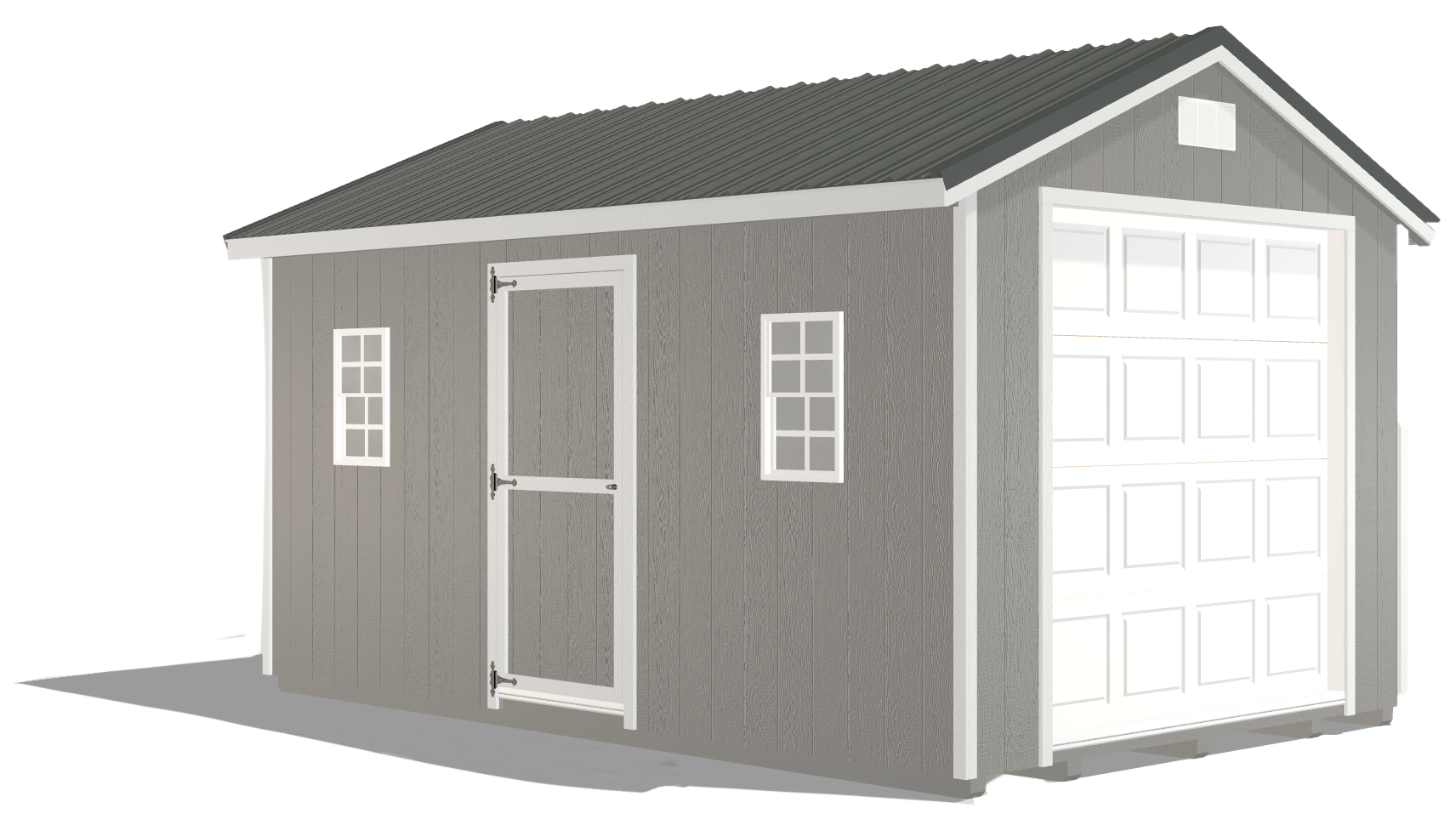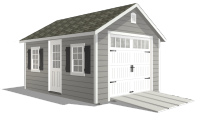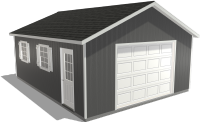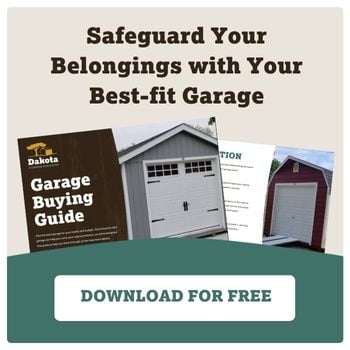Sheds & Garages: What Does Homeowner's Insurance Cover?
by Dakota Storage Buildings, on December 05, 2017
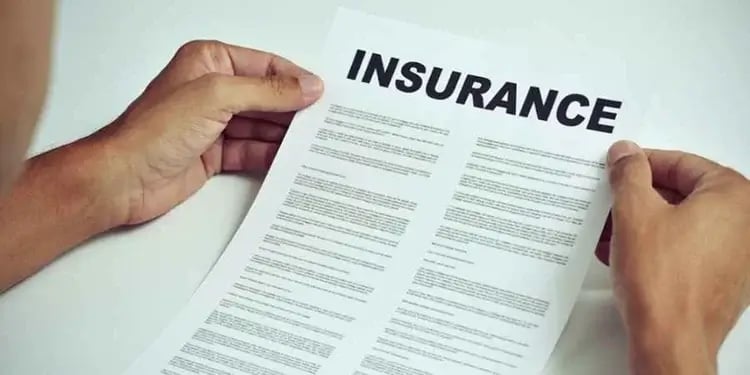 Reviewed and updated February 2021
Reviewed and updated February 2021
What does your homeowner's insurance cover? Does it include your storage buildings?
Reading through your homeowner's insurance policy could take a long time. Sure, you'd find the answers, but they could be a challenge to interpret. To make it easy, we thought we'd bring to light what homeowner insurance policies typically cover in relation to your storage building—whether a detached garage or a stand-alone backyard shed.
Shed and Garage Insurance
According to pocketsense.com, your homeowner's insurance policy covers all the buildings on your property. Whether you own a detached garage, a gazebo, a fence, or a backyard garden shed, they're all covered. These specifics are in the Coverage B section.
Investopedia.com affirms this coverage. They agree that most homeowner's insurance policies generally include coverage for all structures on your property, such as a garage, shed, or workshop. So, there's no need to worry about special insurance for a shed or garage.
However, this coverage doesn't guarantee that if your garage or shed burns down, your insurance is enough to replace them. For financial specifics, you'll need to dive into your policy to discover those details.
For instance, the standard homeowner's policy commits up to 10% of the face value of the policy. So, if your policy limit is $220,000 for your house, the most you can get if your storage building burns down is $22,000.
We now know that your storage building and the contents inside are covered, but does that mean your car is covered, too? Yes, but it's complicated. It may not be your homeowner's insurance that covers it; it could be your car insurance instead. This is where the distinction between your home and auto insurance policies can become a little blurry and why we did some research on contents insurance.
What Standard Homeowner's Insurance DOESN'T Cover
So, what does your homeowner's insurance cover? We learned that your homeowner's insurance covers your shed, garage, and contents inside. But you may be curious now about what isn't covered by that same policy.
According to clark.com, here are four things your homeowner's insurance will likely NOT cover—
1. Mold
A standard homeowner's insurance policy generally limits mold damage coverage or totally excludes it. Some insurers offer an endorsement to expand coverage limits for mold claims, but only if you are willing to pay more for your insurance. The Insurance Information Institute says the best way to deal with mold is to prevent it from growing in the first place.
2. Sewer Backup
If a sewer backs up into a home, it can do some serious damage to floors, walls, furniture, and electrical systems. These damages are typically not covered by a standard policy. If you’re worried this could be an issue, consider inquiring about extra insurance that covers this potential issue.
3. Sinkholes
According to Bankrate, most home insurance policies will not cover damage associated with earth movements such as an earthquake or sinkhole.
4. Floods
Homeowners often think their basic insurance policy will cover their entire property—buildings and contents within them—in the event of a flood. Unfortunately, most insurance policies do not cover flooding.
For more insights on contents insurance, read the article, 15 Things Homeowner's Insurance Doesn't Cover, by quotewizard.com.
Homeowner's Insurance Best Practice: Review Your Policy Annually
Even if you're satisfied with your insurance coverage, the National Association of Insurance Commissioners recommends you go over your policy every year.
Life gets busy, and if you add a detached garage or shed (or swimming pool, kiddie playhouse, chicken coop, etc.), you may forget that it makes your property worth more than when you took out your policy. An annual review keeps your coverage from falling behind the value of your assets.
Other Things to Consider When Buying a Garage or Shed
If you're a homeowner contemplating buying a shed or garage, here are a few other things that you should consider in addition to reviewing your homeowner's insurance coverage.
1) Ask the company selling the shed or garage if they offer a warranty.
We do. At Dakota Storage Buildings, we take pride in the quality of our storage buildings, and we back that up with a Top-to-Bottom Limited Warranty.
2) Find out if you need a building permit for your storage building.
This is something that must always be checked into with your local municipality, county, or city business officials. Most buildings require permits, especially for residents in a town or city where there are often restrictions on the size or placement of a building.
3) Make sure you know how to prepare a proper foundation.
Whether you're laying a concrete foundation or simply preparing a level base with gravel, there are steps to follow to ensure that the foundation is done correctly. Four basic steps include building a frame, filling the frame with a base material, leveling the base, and compacting the base material.
For more information about each of the above-mentioned things and to discover more frequently asked questions by shed and garage shoppers, visit our FAQ page.



